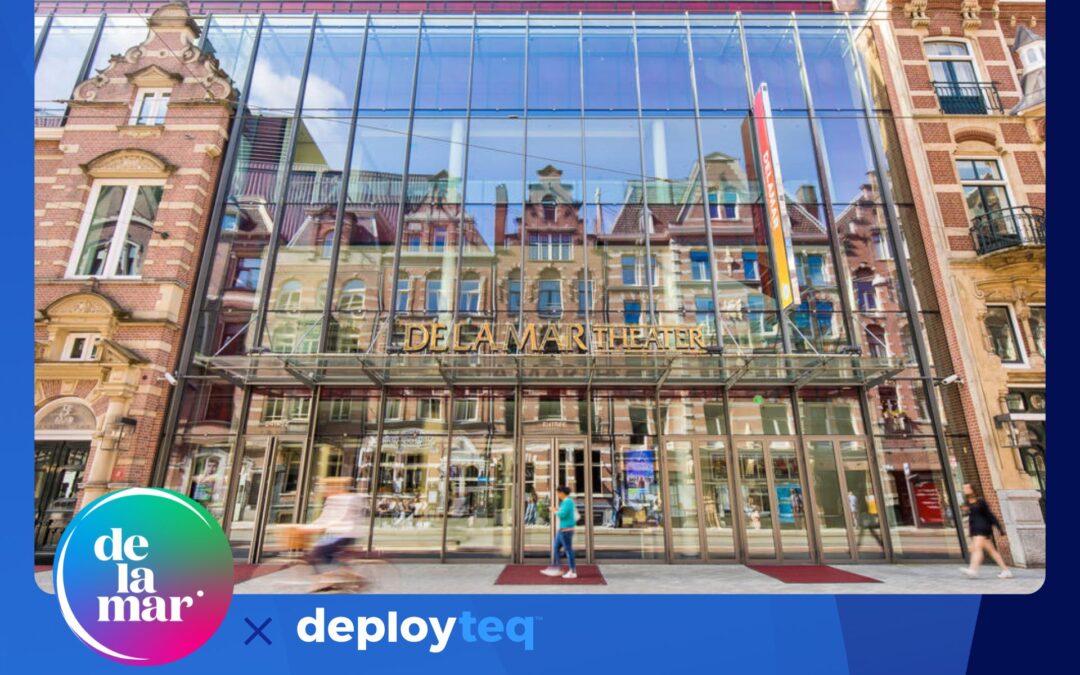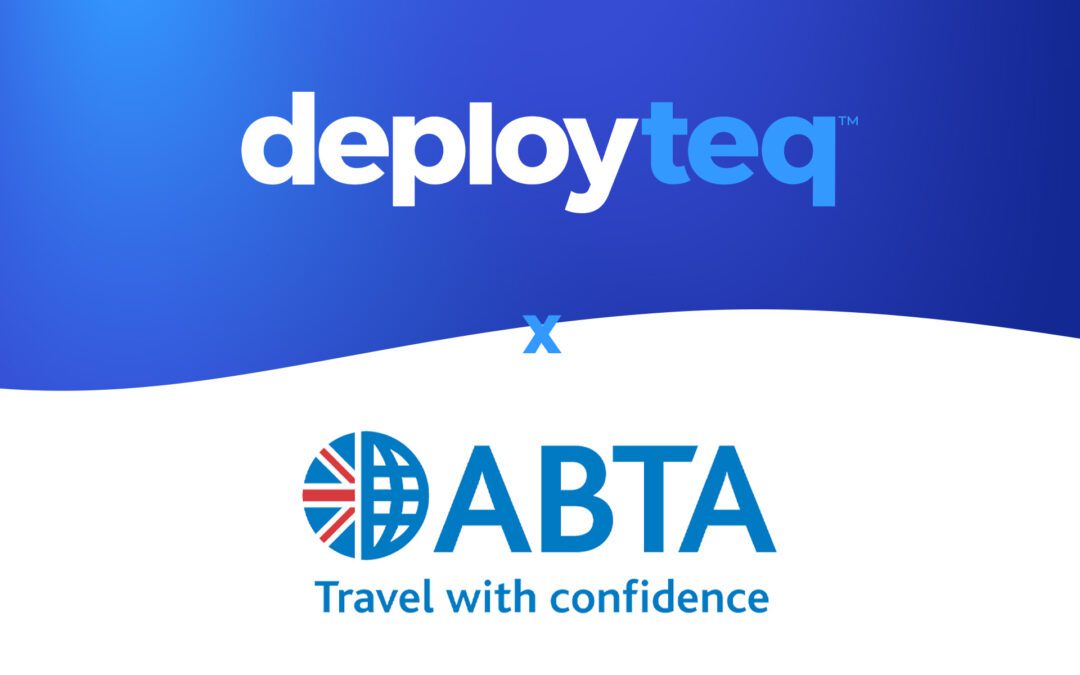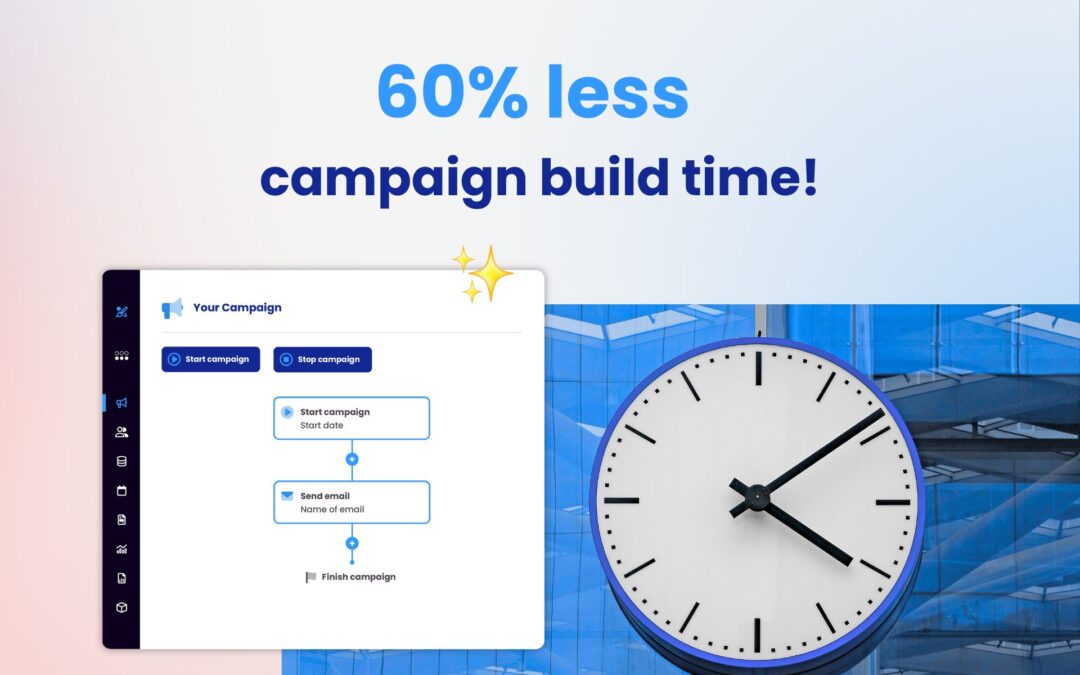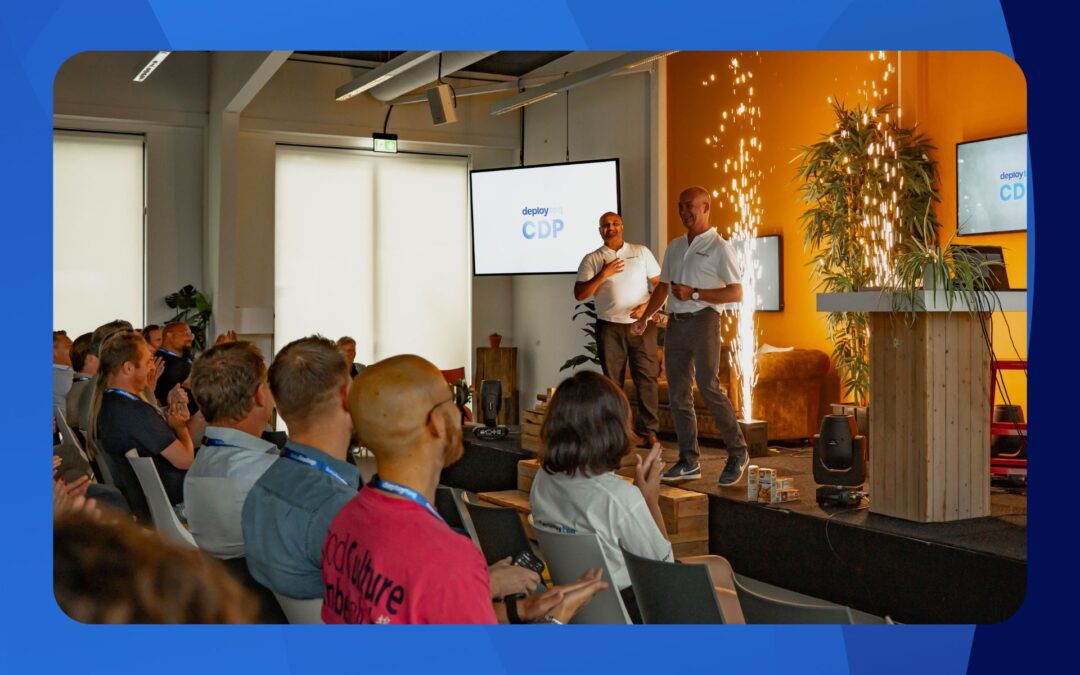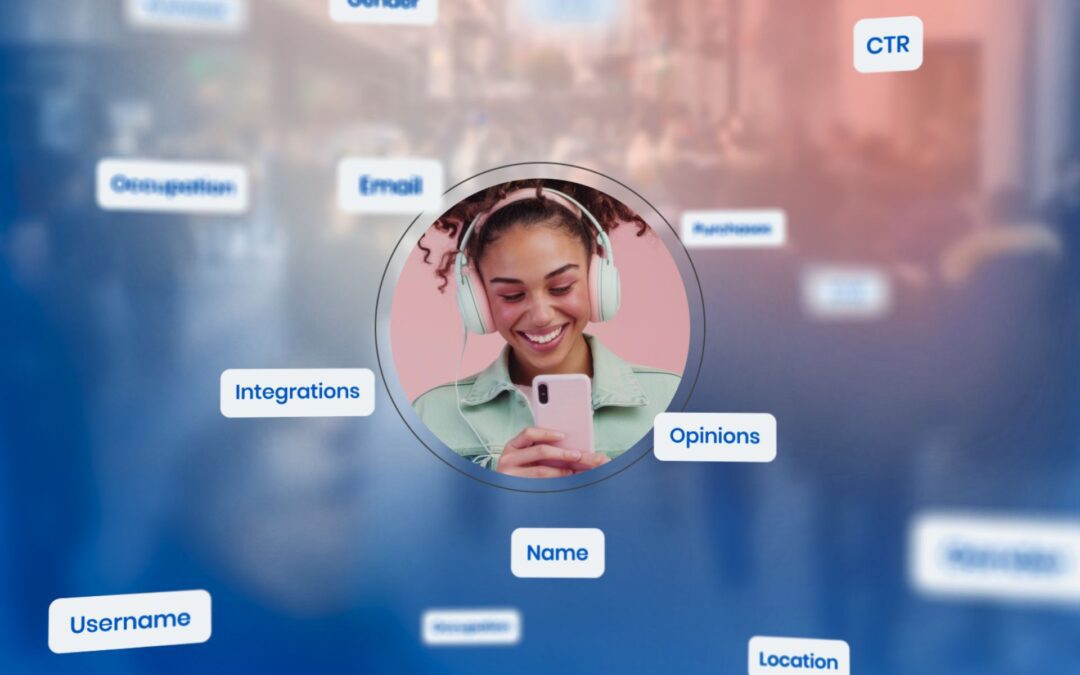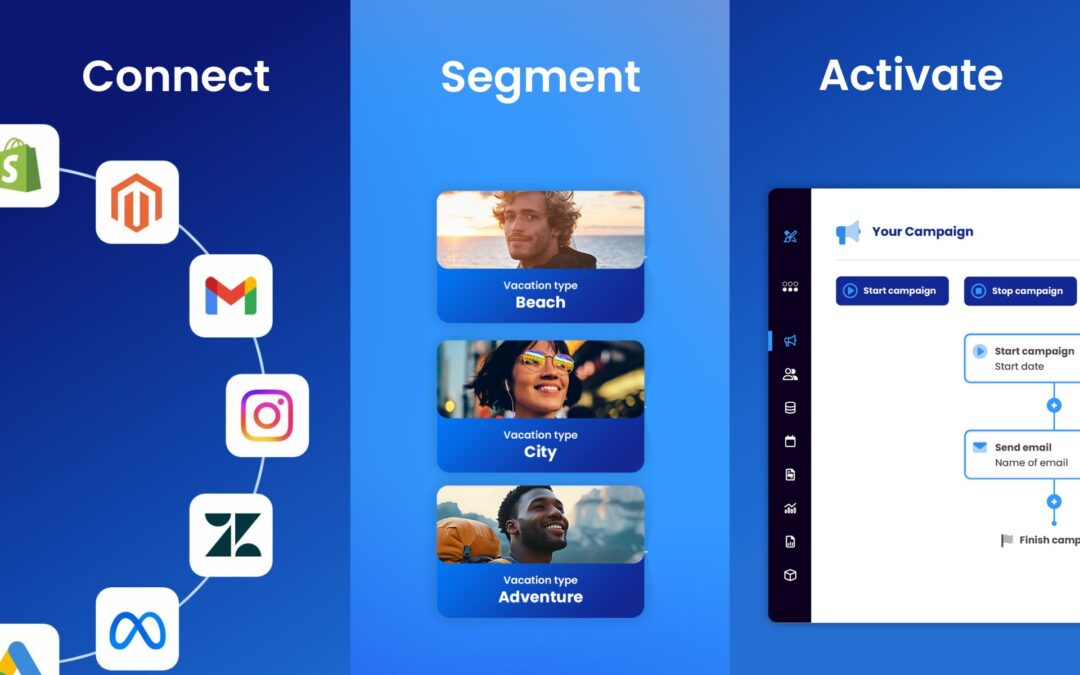As a result of recent challenges and innovations, the travel attractions and hospitality industry has undergone a significant transformation up to 2023.
The industry has embraced digitalisation with a surge in contactless check-ins, mobile payments, and online reservations. Sustainable and eco-friendly practices have become more popular as travellers seek responsible and environmentally conscious options.
Additionally, the rise of remote work and the “workation” and “bleisure” trends blurred the lines between business and leisure travel, leading to flexible, longer stays. Virtual and augmented reality experiences also gained momentum, offering immersive previews of destinations.
The most profound and recent obstacle, however, was the COVID-19 pandemic, which resulted in widespread travel restrictions, lockdowns, and a drastic decline in global tourism, causing unprecedented financial strain for businesses in the sector.
These changes and challenges, alongside evolving consumer preferences, have forced the industry to adapt, innovate, and prioritise safety and sustainability in order to thrive in the years ahead.
Key challenges the travel attraction industry faces in 2023
Looking to 2023, what key challenges is the travel attractions industry facing?
-
Economic impact
The IMF stated in a 2020 report that ‘Tourism receipts worldwide are not expected to recover to 2019 levels until 2023’, but with multiple countries around the world experiencing an economic downturn (including the US, UK, Germany and Japan) it’s important to understand why this may take longer.
The global economic downturn is having an impact on travel patterns, with people tweaking their vacation and leisure choices to ensure that they can still make the most of their free time, but at a lower cost.
For the UK, research from Statista found that Britons are doing so by holidaying outside of peak periods, booking cheaper flights/travel, and taking fewer holidays and breaks.
A survey of Scots by research firm 56 Degree Insight for the latest Scottish Tourism Index found that almost half of the respondents (48%) had taken or planned to take domestic holidays, with 15 UK domestic destinations ranking ahead of all other overseas destinations except Spain in the survey.
It’s key here to think about what is promoted and how – just because people have less disposable income, it doesn’t mean that they don’t want to spend. Consider your messaging, invest in channels that matter, and don’t go down the route of decreasing your marketing efforts (or choosing ‘cheaper’ options), as at times of economic downturn, marketing is even more important than ever. Instead, review how you can spend your budget most efficiently.
-
Technology and digital transformation
We’ve all heard about how technology and digital transformation can be beneficial to businesses, but aside from being told that it can – how much do those in the travel attractions industry know about the actual benefits this can offer and how?
Go to any travel show and you’ll be met with countless salespeople telling you that their product will help with digital transformation. But, how can it help your specific business? Do they even have experience running and marketing a hotel or theme park? It does make you wonder! It is important to consider what your accommodation or attraction really needs, rather than getting caught up in the excitement of new shiny things that might not help in the long run.
As an industry, the travel attractions industry is ‘getting there’ with regard to digital services offered to tourists, with online check-in and queue management being just two of the popular digital services offered. However, there’s a lot more that can be done, while ensuring that these services don’t exclude users (e.g., offering a virtual reality tour of a resort while failing to have up-to-date imagery for other users to access), and making sure the business achieves a great ROI.
Digital transformation doesn’t always have to be the shiny thing that’s going to be pretty, but short-term with little beneficial output. Instead, practical solutions like marketing automation platforms can help marketing and sales teams deliver intuitive, fully connected campaigns that engage your audience and generate conversions and can help save a lot of time so you can spend your budgets on efficiency and effectivity to drive maximum ROI
-
Sustainability and environmental concerns
With the realisation of impact we have as a society on the climate, this is one of the most relevant drivers in current times. Despite economic constrictions, sustainability and the environment are still at the forefront of many people’s minds, and rightly so. So how can the travel attractions industry meet these challenges? Decreasing food waste, offering more sustainable food options, and improving recycling are just three things which could make the sustainability of hotels and theme parks.
We also need to consider the evolving legislation around greenwashing; there’s nothing worse than planning and creating a campaign which then turns out to be greenwashing. If you’re going to show off the sustainability and improved environmental impact of something, make sure to ensure that you’re aware of what and what does not constitute greenwashing – looking up laws and guidance that apply to the markets you’re targeting is key here.
Certain large theme park groups and hoteliers have already been at the heart of greenwashing debates. Disney leads the way with not just their sustainability actions, but also criticism, saying that with the size of the corporation and the potential for improvement, they could do a lot more and that some of their actions are nothing more than greenwashing.
-
Shifting traveller behaviours
As previously mentioned, traveller behaviours are shifting; partly due to the global economic climate, but also due to the fact that people change.
A generational shift is happening – and we need to be here for it. Gen Z and millennials prioritise trips and experiences over luxury items. The American Express Travel’s 2023 Global Travel Trends Report states that 79% of Gen Z and Millennial respondents see leisure travel as an important budget priority and 84% would rather take a dream vacation than buy a new luxury item. Forget the expense and the wait time for a Birkin bag – younger generations want to be investing in travel! So more Berghain, Bagan and Bali and less Birkin for Gen Z!
We’re also left wondering whether the laptop luggers on ‘workation’ and ‘bleisure’ trips are really in it for the long haul. With more businesses this year calling for the return to office, is it worth investing in the bleisure sector when it could all come crashing down?
The change in travellers choosing more local tourism is something to consider; more people staying at (or close to) home and going on day trips means that this is a great opportunity to target local markets. This offers a great opportunity to not only get hyper-local with your marketing but also be hyper-personalised with your targeting. A great example of hyper-personalisation is an award-winning campaign Deployteq’s partner Red Online Marketing ran, combining a hyper-personalised email, hyper-personalised landing page, and hyper-personalised video.
-
Budget cuts
As the economic situation continues to roll on, budget cuts also continue. We’ve highlighted how important it is to not neglect marketing while this happens, and this is for many reasons. Alongside this, if safety, maintenance and customer service team budgets are cut too, the implications can be insurmountable.
Messy grounds, unchanged beds, and rides that keep breaking down are just three of the issues that can lead to disappointing experiences and a bad reputation. It can take years, if not decades, to build a brand reputation, but it can be broken in a matter of minutes. Cutting budgets elsewhere leads to safety issues and also more work for customer service and marketing teams trying to recover from this – difficult to do if the teams have had their budget cuts, too!
Something we offer to our customers is a flexible hiring hub where we offer the support of marketing automation experts who can temporarily support your own team. Great news if you need ad hoc support – whether your budgets have been cut and need some support, or if your team needs to temporarily help while they deal with something more pertinent.
To sum it up
The travel attractions industry has undergone a significant transformation, characterised by digitalisation, sustainability efforts, changing travel trends, and the impact of the COVID-19 pandemic. The adoption of digital technologies has reshaped the traveller experience, while a growing focus on sustainability meets the demands of environmentally conscious consumers. New travel trends have reshaped how people view business and leisure travel, and virtual reality experiences offer immersive destination previews. However, the industry faces challenges, including economic uncertainty, the need for practical digital solutions, sustainability concerns, shifting traveller behaviours, and budget constraints. Adaptability and innovation are key to the industry’s future success.


